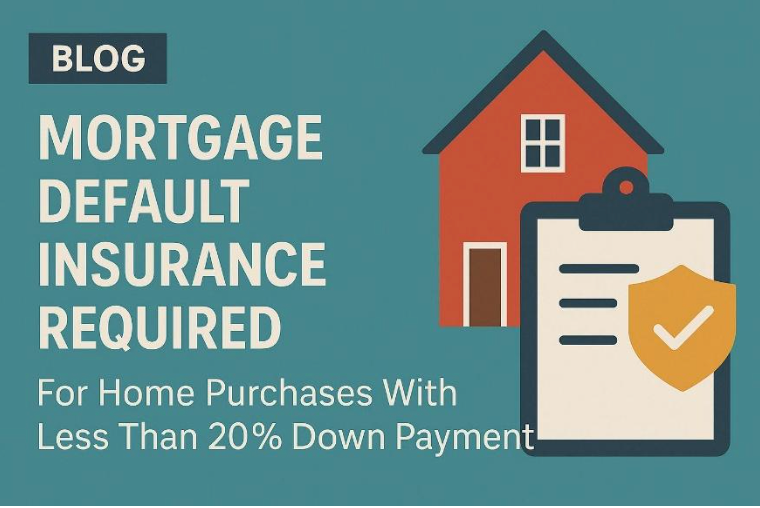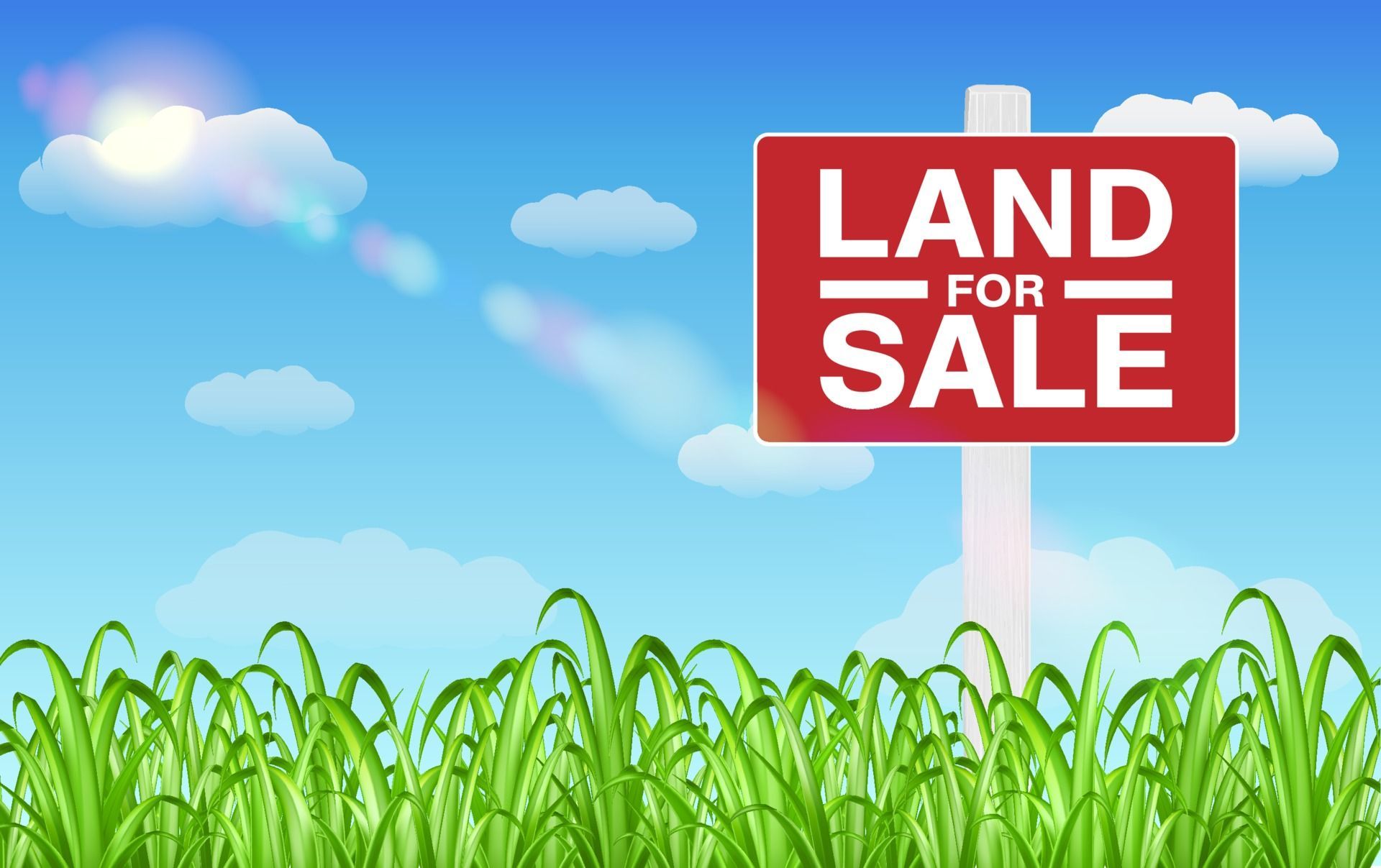Mortgage Insurance 101
Mortgage insurance… sounds simple doesn’t it??
For a first-time home buyer, the types of insurance surrounding a mortgage can be confusing, so it’s important to know what insurance covers what.
There are 3 main types of insurance to know about when buying a home.
Mortgage Default Insurance – If you put less than 20% down on a home you are buying, Government rules are you must pay for Mortgage Default Insurance which covers the lender should you default on your mortgage payments.
There are three mortgage default insurers in Canada – Canadian Mortgage & Housing Corp. (CMHC), Genworth or Canada Guaranty ) The purchase of this insurance solely benefits the bank/lender.
For more information check out Everything You Wanted to Know about Mortgage Default Insurance
Mortgage Insurance and/or Life Insurance
You’ve just made the biggest purchase of your life: a new home for you and your family.
- What’s the best way to protect your investment if you die?
Insurance is the answer. But what kind: mortgage insurance or life insurance?
There are important differences between the two that we’ll examine.
| Mortgage Insurance | Life Insurance |
| Tends to be quicker to process. | Can take 30-90 days to put into place. |
| Can be easier to qualify for. | With individual owned insurance the medical underwriting is completed up front, so you know what is covered when your policy is approved. |
| Decreasing benefit – the amount of coverage with mortgage insurance decreases as you pay down the balance each month, while the monthly insurance payments remain the same. | If you get coverage for $500K, it stays at $500K until you decide to change it, or your term expires.
|
| Beneficiary is the lender/bank who holds your mortgage. | You can designate the beneficiary/beneficiaries. |
| Mortgage insurance is attached to the outstanding balance on your mortgage. | Life insurance is attached to you rather that your debt. |
| Typically, your mortgage insurance policy pays off the current balance on your mortgage to your lender/bank. | The beneficiary(ies) decide what to do with the insurance. Funds can be used to pay off the mortgage or any other bills (funeral, hospital/home care expenses, living expenses, education etc.). It’s your money, and you can decide how to use it. |
| You can cancel anytime i.e. you find an insurance product that suits you better. | You can cancel anytime i.e. you find an insurance product that suits you better. |
| Portability – mortgage broker sold Mortgage Insurance policies are portable. Which means that if you switch lenders or buy a new property, you will be able to transfer your Mortgage Life Insurance to a new property. Make sure you ask your Insurance Provider if the insurance they are recommending is portable. · Take note that when the bank offers you Mortgage Insurance you will not likely be able to transfer your Mortgage Life Insurance to a new lender or property thereby limiting your future financing options. | Completely portable. Doesn’t matter if you buy a different home or switch lenders/banks, life insurance follows you not your property. |
Please note: Mortgage/Life Insurance is not mandatory to qualify for a mortgage.
You have made the biggest purchase of your life… how do you protect yourself and your family? Many people say they have life insurance through their work, but is it enough?
- The question you should be asking is – do you currently have enough life insurance in place right now, equal to your mortgage amount?
Top Benefits of purchasing Mortgage/Life Insurance
- Peace of Mind – creates a sense of security that your loved ones will be taken care of if you pass on.
- Mortgage Can be Paid Off – whereby any other policies that are held will be able to assist with other needs.
- Family can Stay in their Home – if there is the unfortunate life event that is the death of the Mortgage/Life Insurance policy holder, the mortgage can be paid off which will allow the family to stay in their home and not become displaced, causing additional anguish.
- The Younger you are, the Less Expensive – Which means that insurance is extremely affordable for a young, and likely, first time home buyer.
- Good Health = Coverage for Unexpected Illness Later on – After illness strikes, it is more difficult to acquire life insurance.
Mortgage/Life Insurance is an option that anyone with a mortgage should consider. Ask me about a referral for reputable and credible insurance.
While we’re discussing insurance, there are other types of insurance you need to consider as well…
- Fire insurance – most lenders will want to see that you have fire insurance in place, prior to funding your mortgage to “protect” their investment.
Additional insurance options:
- Disability insurance
- Personal content insurance
Mortgages are complicated… BUT they don’t have to be! You need to protect your investment by engaging an expert.
Give me a call and let’s discuss a mortgage that works for you (not the bank)!







